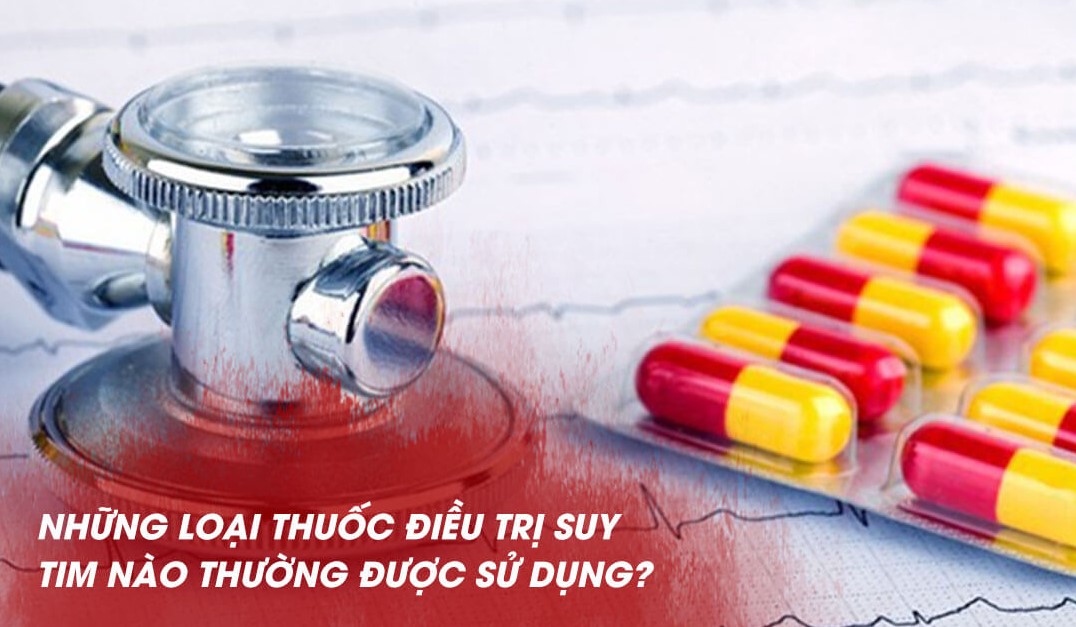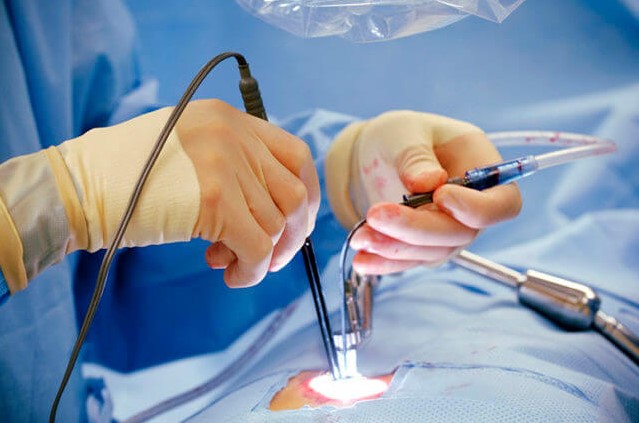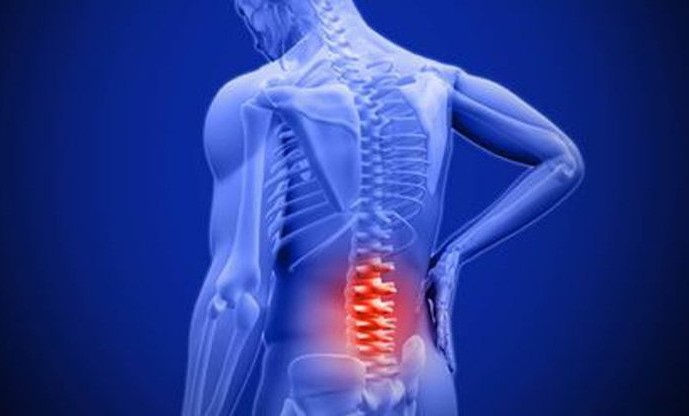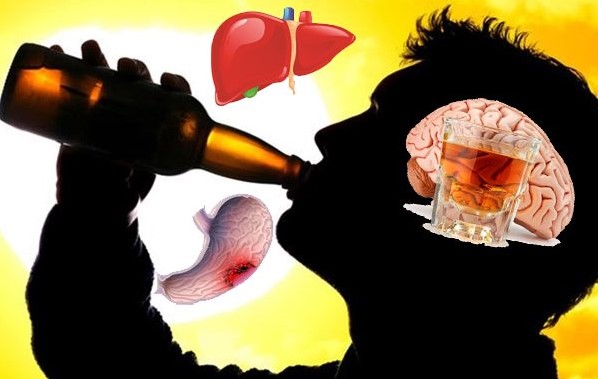Treatment methods for heart failure
18/11/2023
Effective treatment of heart failure requires a combination of measures, from changing the patient's diet and lifestyle, treating the causes of heart failure (if possible), and combining medication to reduce symptoms. increase myocardial contractility. In more severe cases, patients also need support devices or heart transplant surgery.
1. Adjust the patient's diet and lifestyle
This is a conservative treatment measure that plays an important role in helping to effectively improve patients' symptoms:
– Rest mode: This is quite important to help reduce the work of the heart muscle and limit overwork. Depending on the level of heart failure, patients have appropriate physical activities and rest.
+ Patients with mild heart failure should do moderate physical activity but should not exert themselves or compete in sports.
+ When heart failure is very severe, the patient needs to rest in bed in a half-lying, half-sitting position. In case of long-term treatment, patients should be encouraged to massage their limbs so that blood can return to the heart more easily, reducing the risk of thrombosis.
– Salt-reduced diet: Patients can only use less than 3g of NaCl per day.
– Reduce the amount of water and fluids taken into the body:
+ Helps patients reduce the circulatory volume and burden on the heart, without aggravating edema.
+ Every day, depending on the severity of heart failure, the amount of fluid taken into the body is only about 500 - 1000ml/day.
– Oxygen breathing when there is severe heart failure: This is a necessary measure to help reduce the level of difficulty breathing for patients while also limiting pulmonary vasoconstriction.
– Eliminate risk factors:
+ Avoid exposing the patient to strong emotions.
+ Do not use stimulants such as alcohol, coffee, tobacco, etc.
+ Weight loss in obese people.
+ Avoid using drugs that reduce the heart's contractility and water retention drugs.
+ Treatment of diseases that worsen heart failure such as arrhythmia, anemia, infection...

Heart failure patients need appropriate rest
2. Treat the cause of heart failure
Once treatable causes of heart failure are identified, treatment should be initiated immediately, then heart failure may decrease or disappear.
Treatable causes of heart failure are:
– Hypertension: Good control helps prevent the occurrence and progression of heart failure,
– Diabetes.
– Myocardial infarction, coronary artery disease.
– Heart valve disease, birth defects.
– Heart arrhythmia.
– Hyperthyroidism.
– Anemia – iron deficiency.
– Vitamin B1 deficiency: Need to use high doses of vitamin B1.
3. Medicines to treat heart failure
To treat heart failure, depending on the patient's clinical development, the doctor will prescribe the most effective medication regimen. The main groups of drugs used in the treatment of heart failure are:
– ACE inhibitors: Considered the first choice for heart failure treatment, not only reducing symptoms but also significantly improving prognosis. The drug dilates blood vessels, reduces blood pressure, and reduces the burden on the heart. Besides, it also improves left ventricular and endocardial function...
– AT1 receptor inhibitors: Also have vasodilating effects, improving ventricular function... Indicated when patients cannot use ACE inhibitors.
– Sympathetic beta blockers: Helps slow down the heart rate, dilate blood vessels, and prevent excessive stimulation of the sympathetic system in congestive heart failure. This is a drug that helps improve survival, reduce the possibility of hospitalization and sudden death due to heart failure.
– Diuretics: Increase salt and water excretion, help blood circulation, thus reducing the burden on the heart.
- Drugs that increase myocardial contractility: Currently, the most commonly used cardiac glycosides - digoxin, are often prescribed in heart failure accompanied by atrial fibrillation or atrial flutter.

Treat heart failure with medication
4. Support devices
In addition to medication, some selected patients may be prescribed supporting devices such as ICD defibrillators or CRT myocardial synchronized pacemakers.
– CRT myocardial resynchronization pacemaker is indicated in heart failure patients with EF < 35% with QRS > 130ms and left bundle branch block. The machine helps create atrial and/or 2 ventricle rhythms to synchronize the heart's contractions, improving heart function and heart failure symptoms of the patient.
– ICD automatic defibrillators are indicated for prophylaxis in patients with severe heart failure with EF < 35% or severe ventricular arrhythmias causing hemodynamic instability, all with a prognosis of > 1 year of survival. When the heart experiences ventricular fibrillation/ventricular tachycardia, the machine will generate an electric current to stop the seizure and return the heart rhythm to normal.
5. Heart transplant surgery
For patients with end-stage heart failure who no longer respond to conventional conservative, medical or surgical treatments, doctors recommend performing a heart transplant to help improve the patient's survival. Usually this method is prescribed for patients under 65 years old and able to strictly follow the treatment regimen. However, this method has many limitations due to high cost and low organ donor rate.

Heart transplant surgery in the treatment of heart failure
The above are commonly used methods in the treatment of heart failure. However, no matter which therapy they choose, patients should consult their doctor before implementing it to help bring about the best results.
Related posts
What is systolic blood pressure?
18/11/2023
Blood pressure is one of the simplest parameters to evaluate human health status. High or low blood pressure will make us tired, uncomfortable and even lead to many dangerous complications. Blood pressure index consists of two components: systolic blood pressure and diastolic blood pressure. Among them, the systolic blood pressure index often receives the most attention.
[Warning corner] Are post-Covid sequelae dangerous?
18/11/2023
Not only does it affect health during the covid period, SARS-CoV-2 also leaves many sequelae after weeks of recovery. So what sequelae can be encountered? How do you overcome? Let's learn about this issue through the following article.
Can ankylosing spondylitis be cured? Treatment
18/11/2023
Ankylosing spondylitis is a chronic bone and joint disease that can seriously affect the patient's daily life. Can the disease be completely cured? Find out how to treat the disease immediately through the following article!
Dangerous effects of alcohol and scary diseases
13/11/2023
Alcohol is a popular drink in parties with friends or customers, but alcohol abuse can lead to many unpredictable harms. Find out immediately about some scary diseases related to alcohol through the following article!




![[Warning corner] Are post-Covid sequelae dangerous?](https://eocvietnam.com/upload/images/bai-viet/hau-covid-1.jpg)



